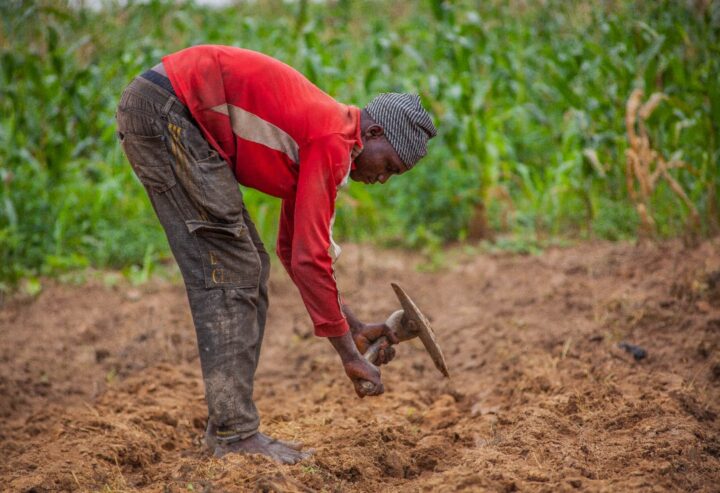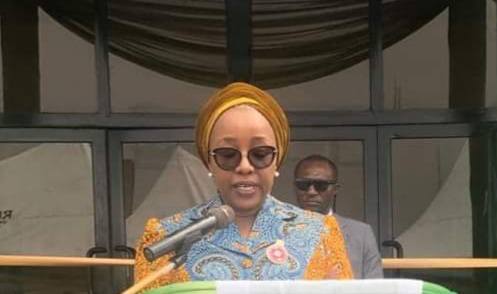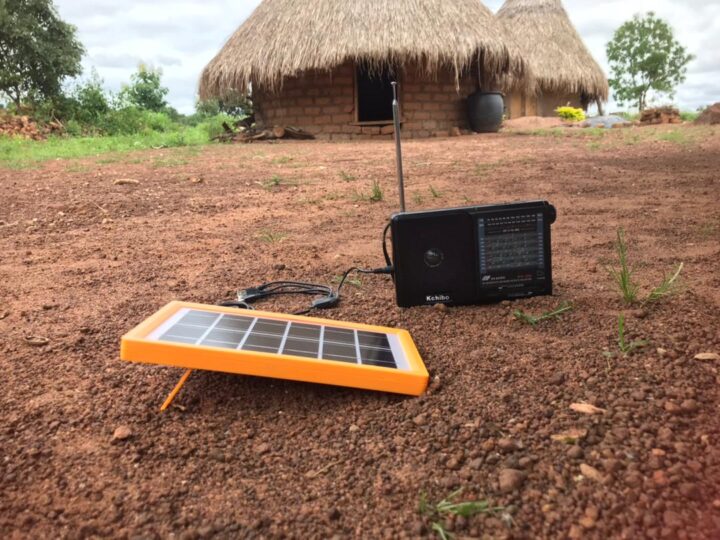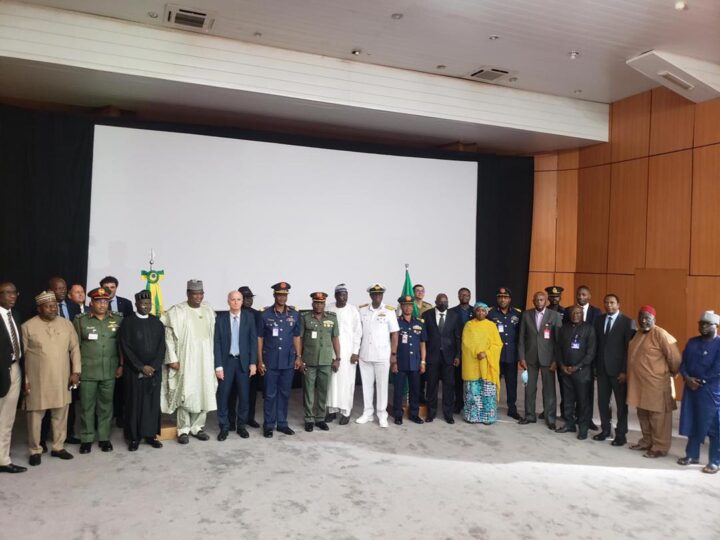Despite directly impacting our communities, health and livelihood, climate-related reports usually take a back seat to dominant news beats like politics and business. Climate Watch aims to ensure you never miss important stories on climate change and actions being taken towards limiting its impact.
Here is a round-up of last week’s climate stories:
- As the world gets ready for COP26, the 2021 United Nations Climate Change Conference, government policies and actions are geared towards solidifying their pledges. In line with this, the Nigerian senate, on October 13, ensured that the Climate Change Bill passed through the second and third readings. The bill had earlier been passed by the house of representatives on July 8, 2021. It now awaits assent by President Muhammadu Buhari.
- In order for the world to achieve zero emissions, different approaches for cutting down greenhouse gas emissions are being explored. This explains why Antonio Guterres, UN secretary-general, said the modes of transportation need to be decarbonised to align with the global target of achieving net zero emissions by 2050. He called for international shipping and aviation targets to be strengthened in line with the Paris Agreement to limit global warming to 1.5C. He also called for the phasing out of vehicles powered by petrol and diesel. More on this here.
Advertisement
- It is believed that there is low conversation about climate change in Africa and developing countries like Nigeria because people don’t really understand the concept of climate change and the global need to address it. Michael Semiye, country director, World’s Largest Lessons Nigeria — an NGO– said there is a need for climate education to be included in the academic curriculum. Semiye is of the opinion that education is a major tool for effecting change, curbing global environmental threats, and improving knowledge around climate change. Read more on this here.
- Farmers in northern Nigeria have lamented the paucity of rainfall in the region during the past few weeks. The situation has affected rice, beans and millet production. Idris Abakwa, a farmer in Kaduna, said many local farmers may lose their crops as a result of the situation. He explained that most of the crops on his farmland had started drying up. A two-week survey conducted by environmental journalists, and supervised by NAN, across the 19 northern states showed that many farmers were forced to embrace irrigation to save their crops. Piman Hoffman, director, African climate reporters, said climate change is posing numerous threats to farming operations. He called on governments to redouble their efforts towards sensitising rural farmers about climate change and how to adapt to new farming systems.
- Nigeria has joined 31 other countries and the United States in a pledge to reduce methane emissions. This is in a combined effort to set new targets to slow global warming before the United Nations climate change conference in Glasgow. US President Joe Biden said the pledge commits nations to cut 30 percent emissions from methane by 2030. China, India, Russia and Brazil — the four heaviest emitters of methane — have not joined the pledge, but nine of the world’s top 20 methane polluters have signed on. Read further here.
Advertisement






